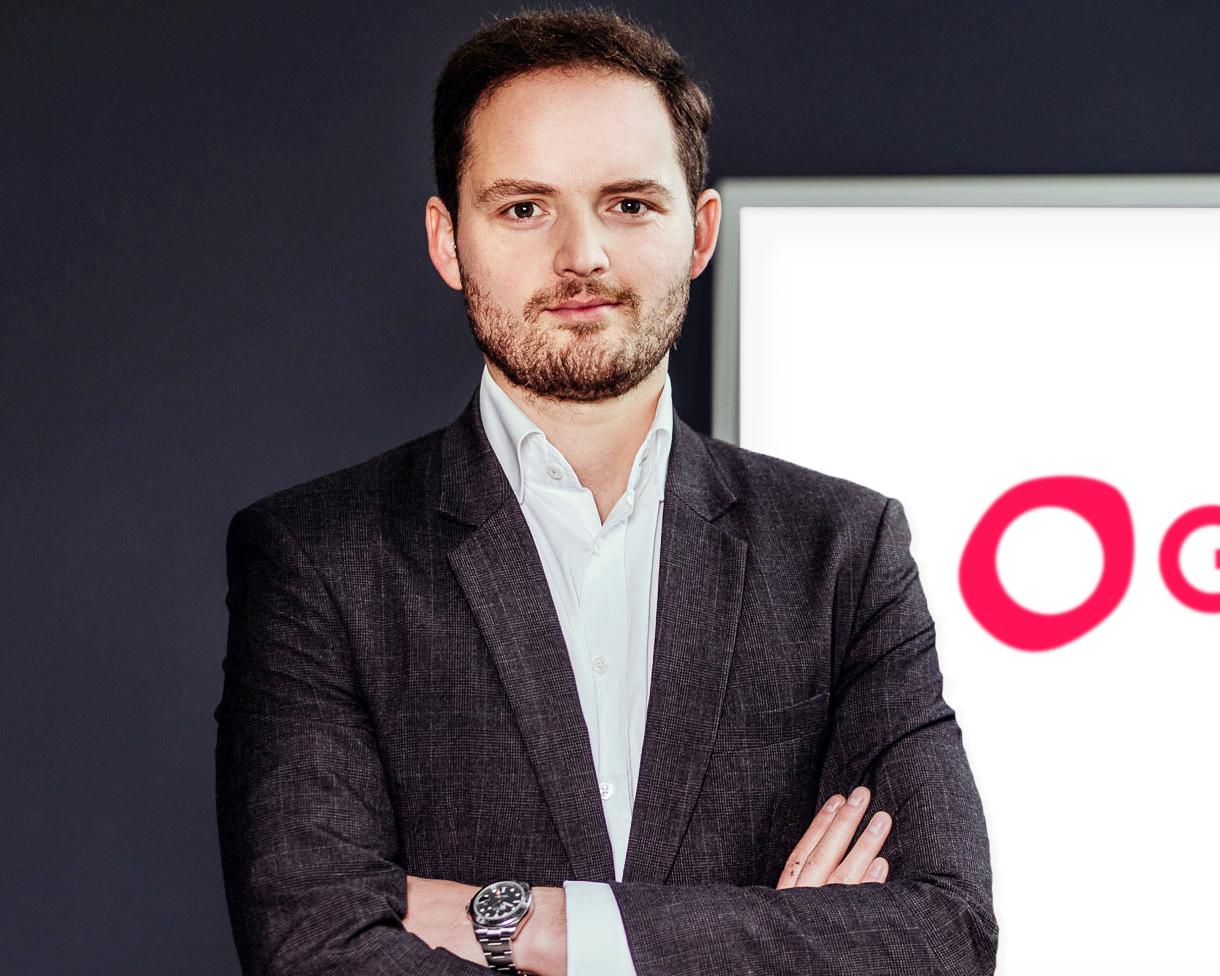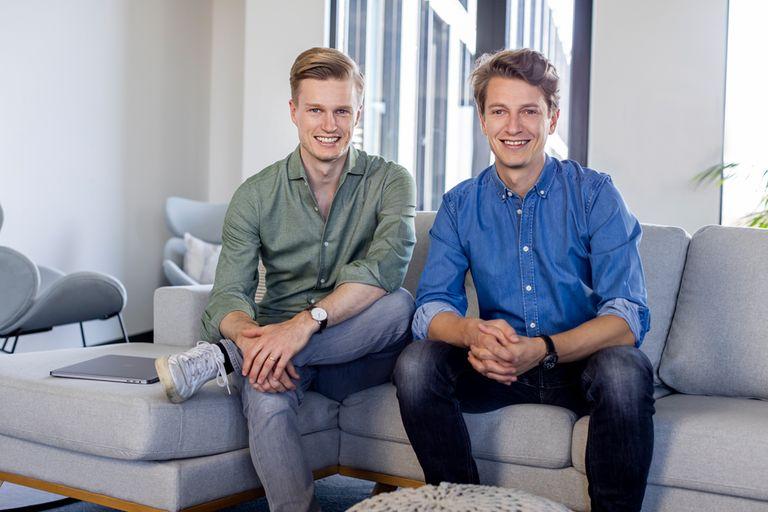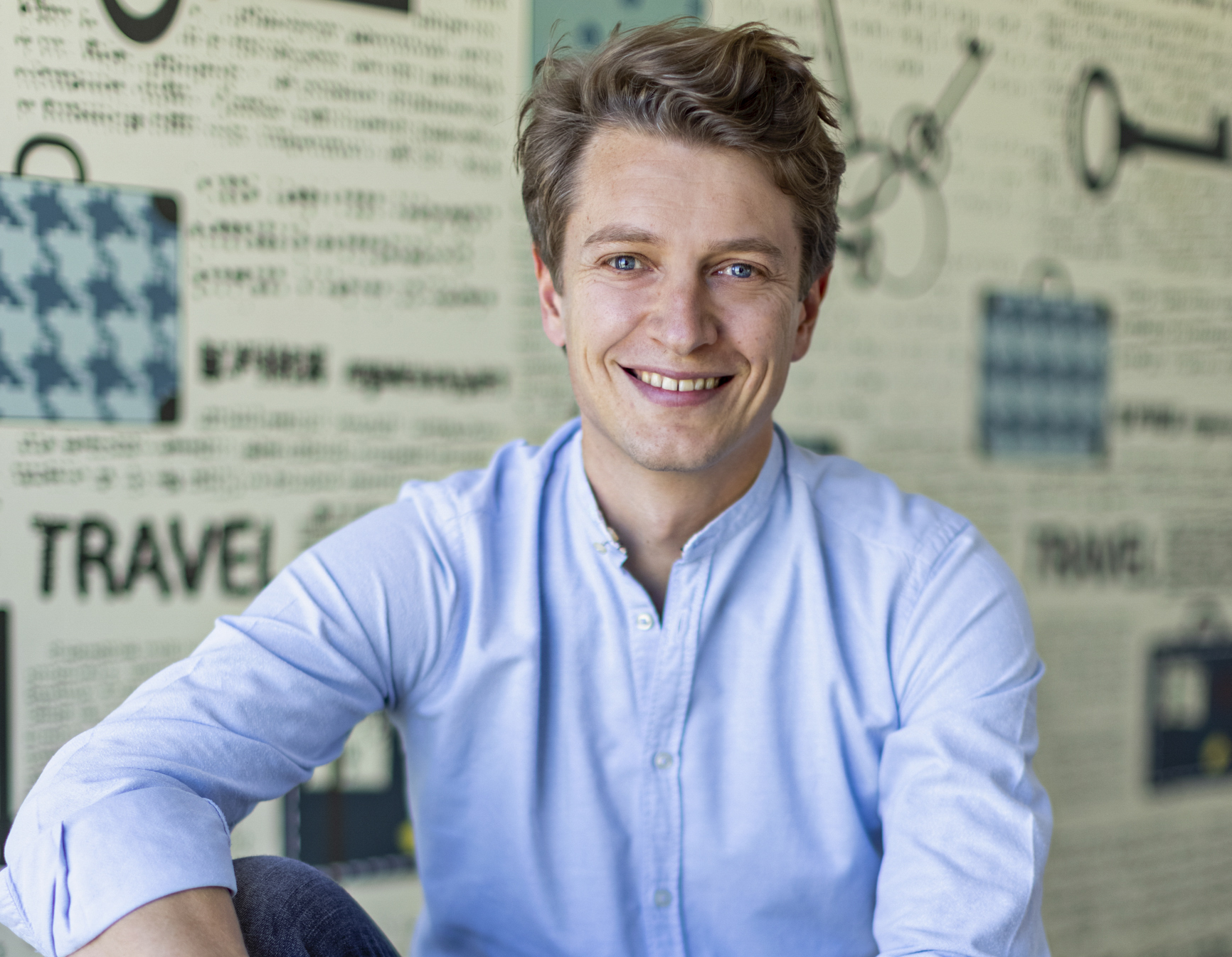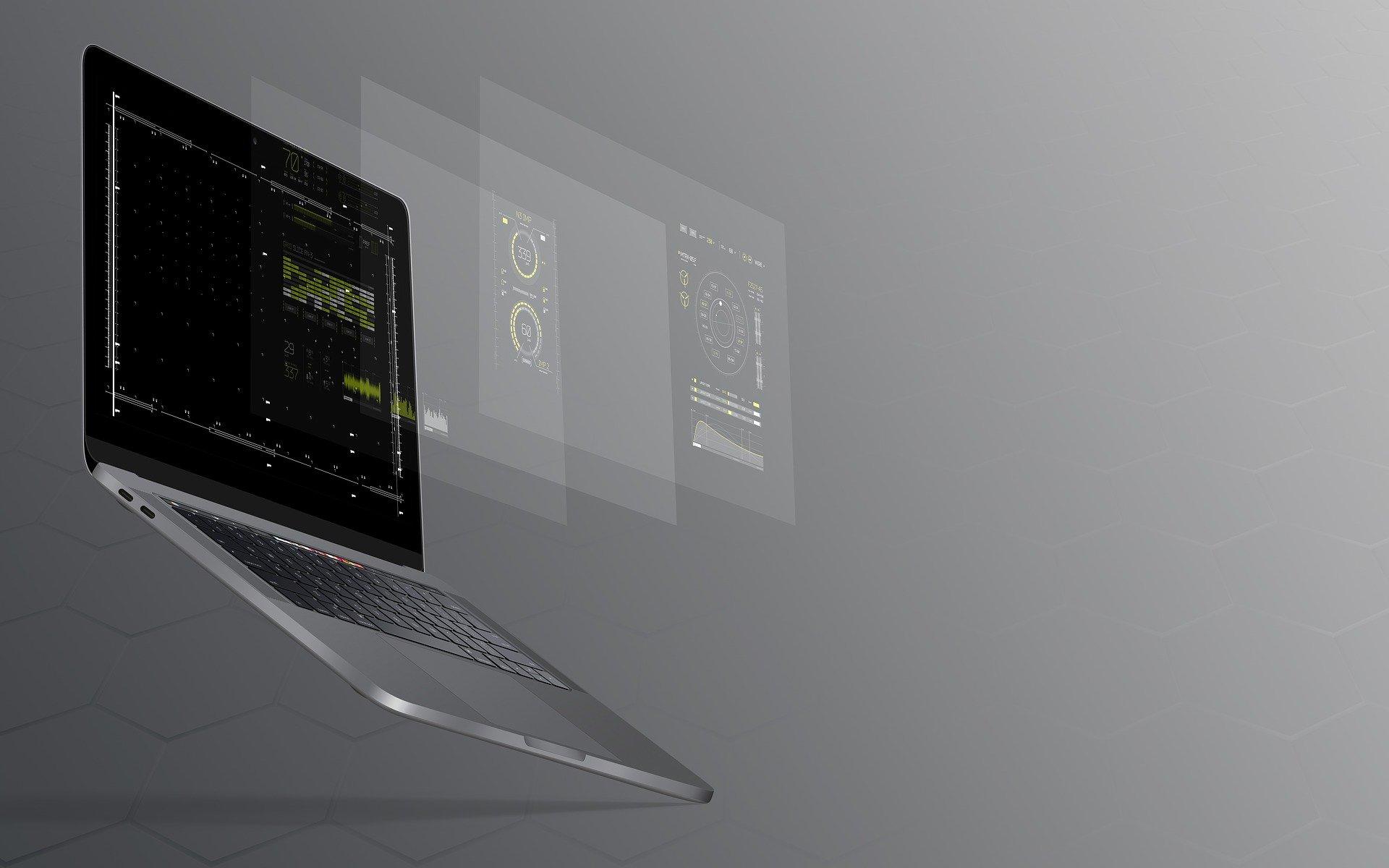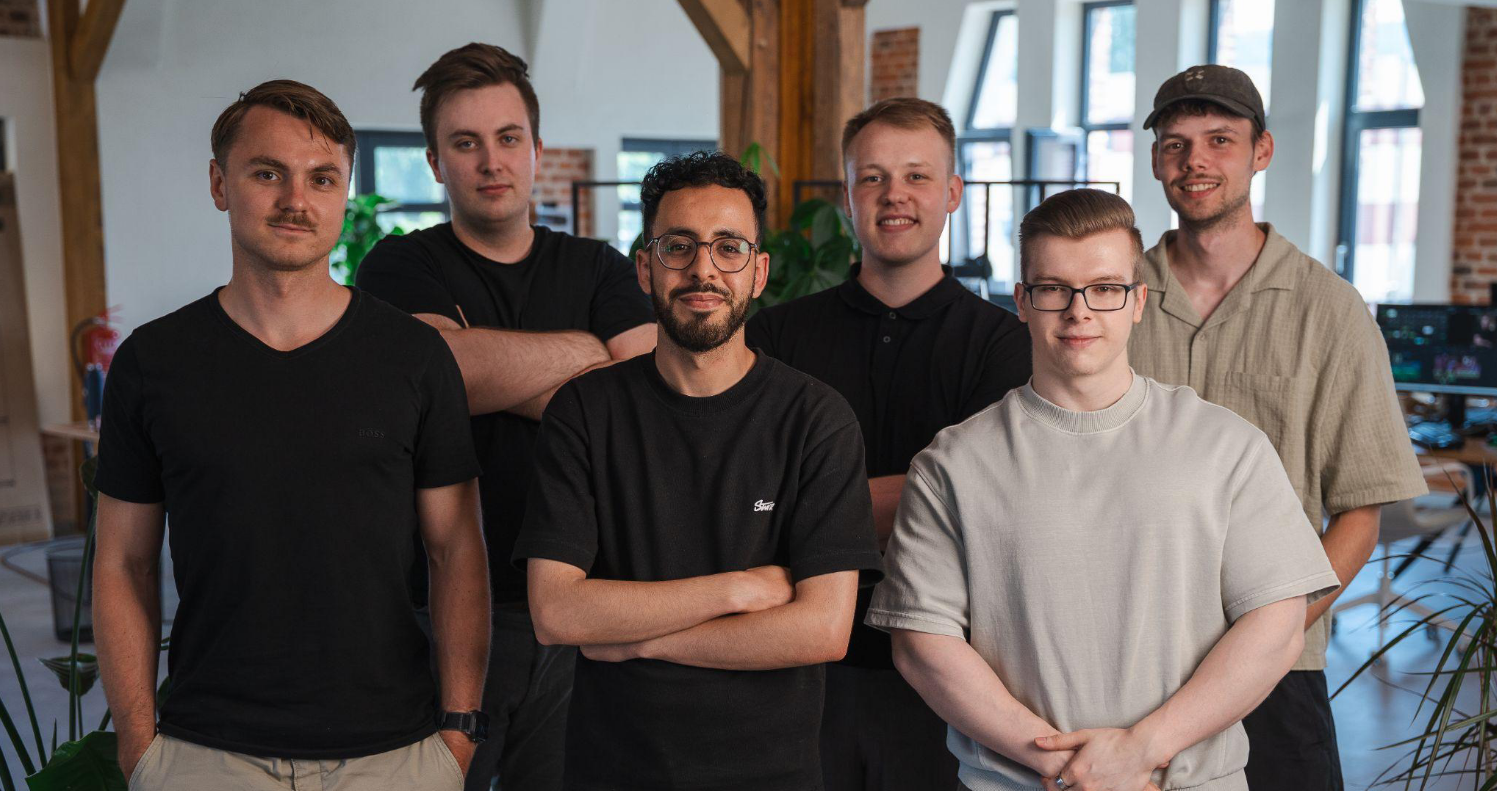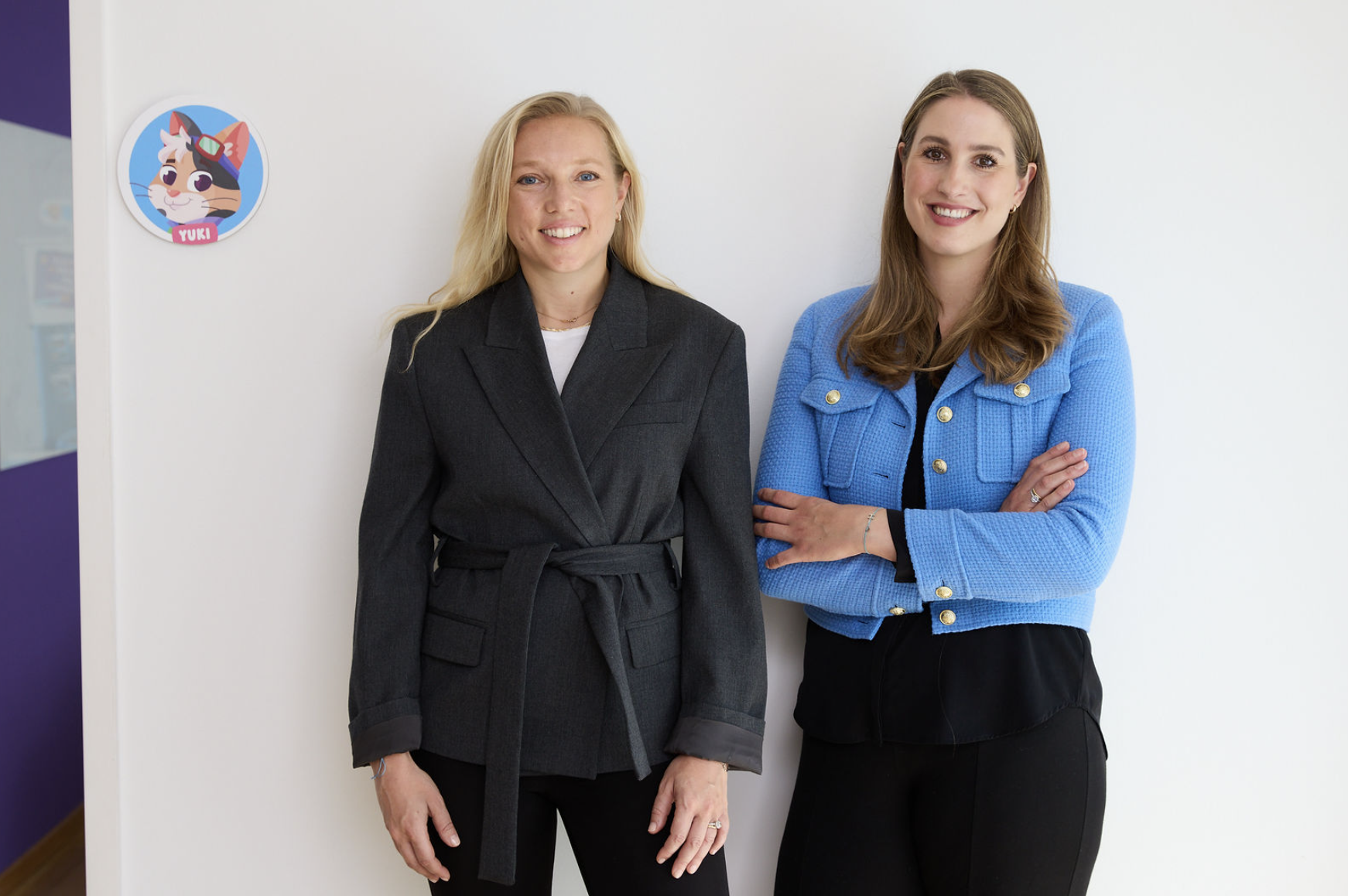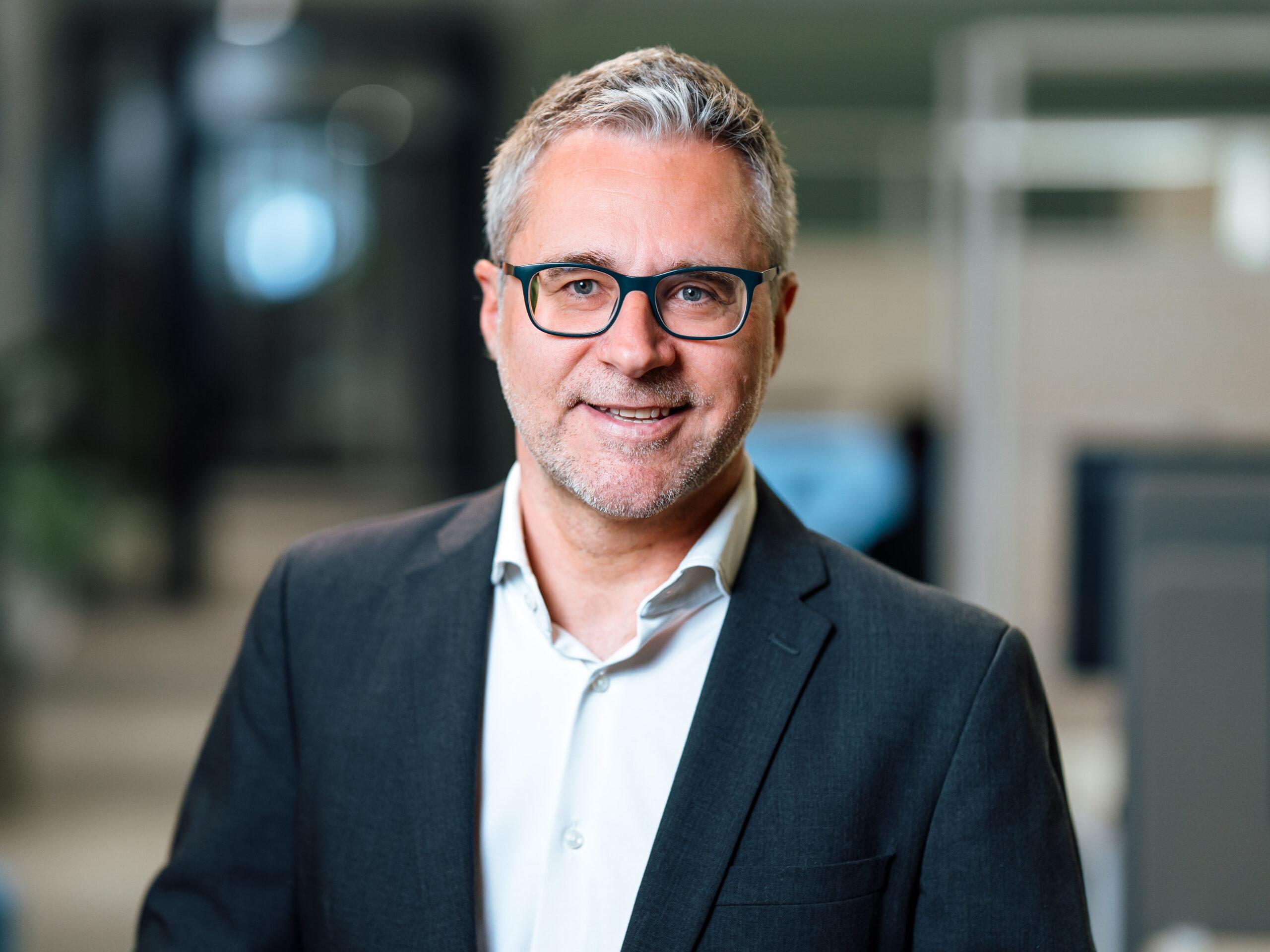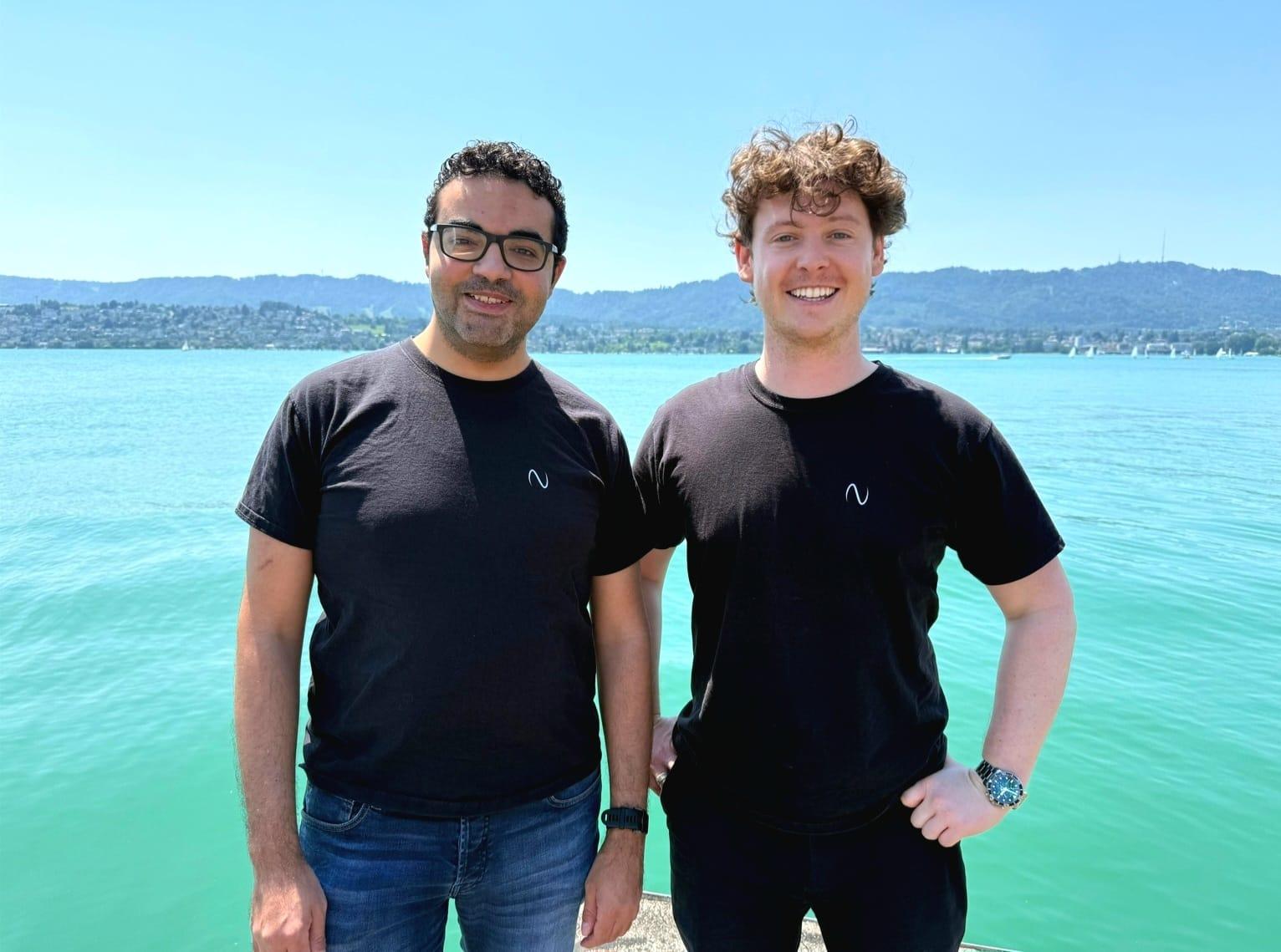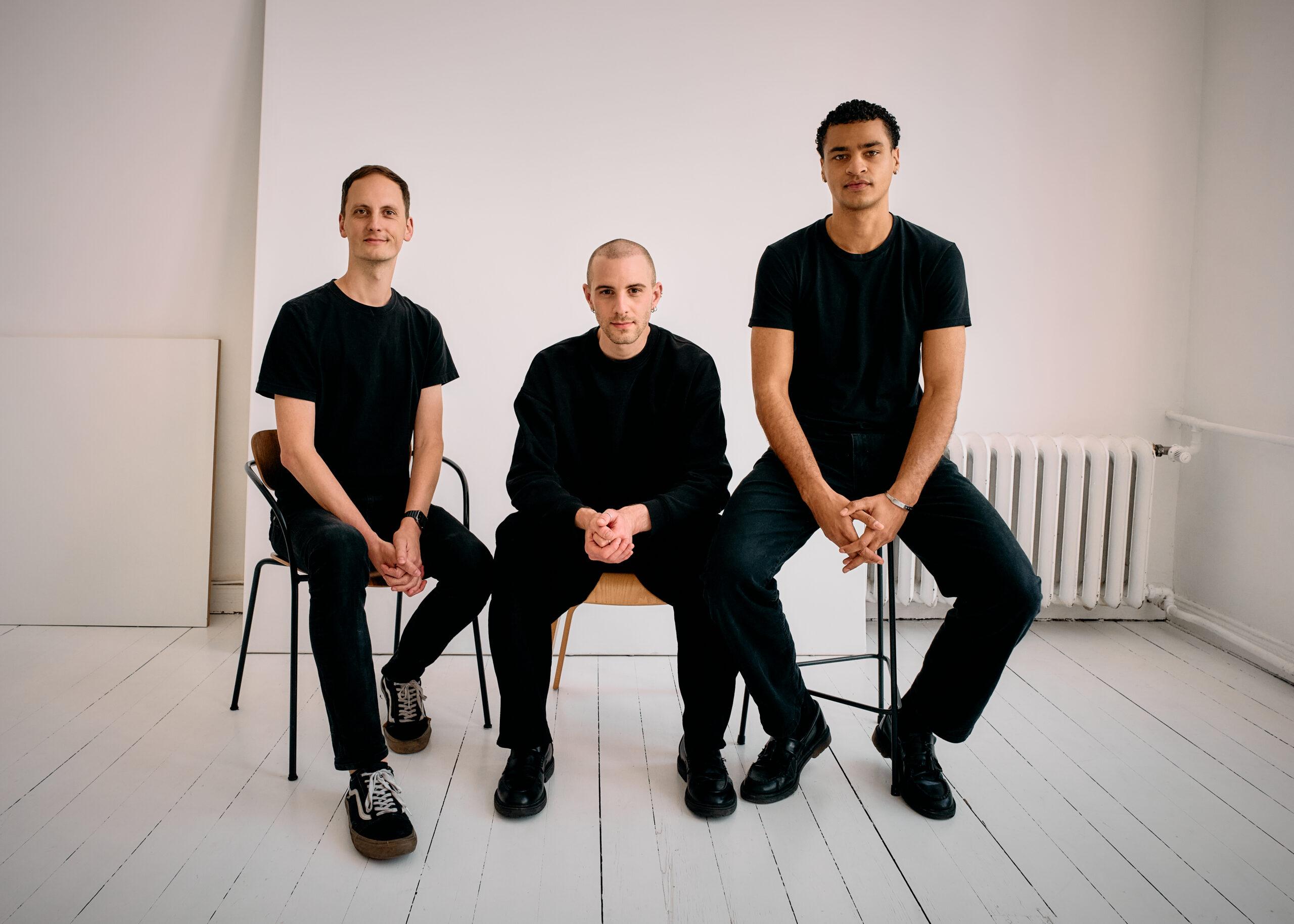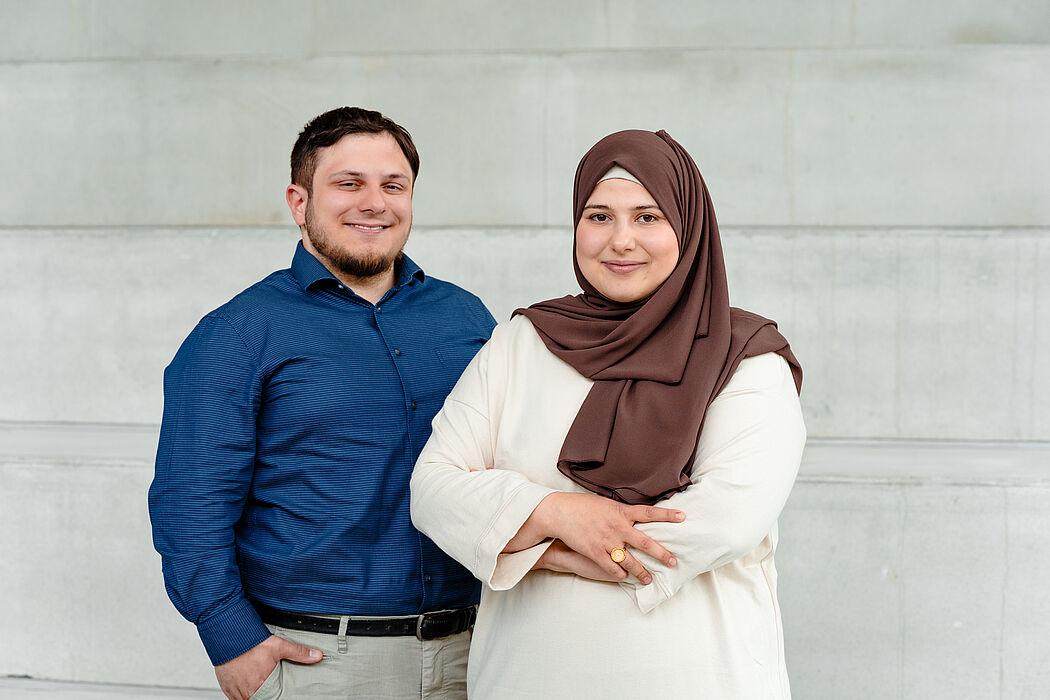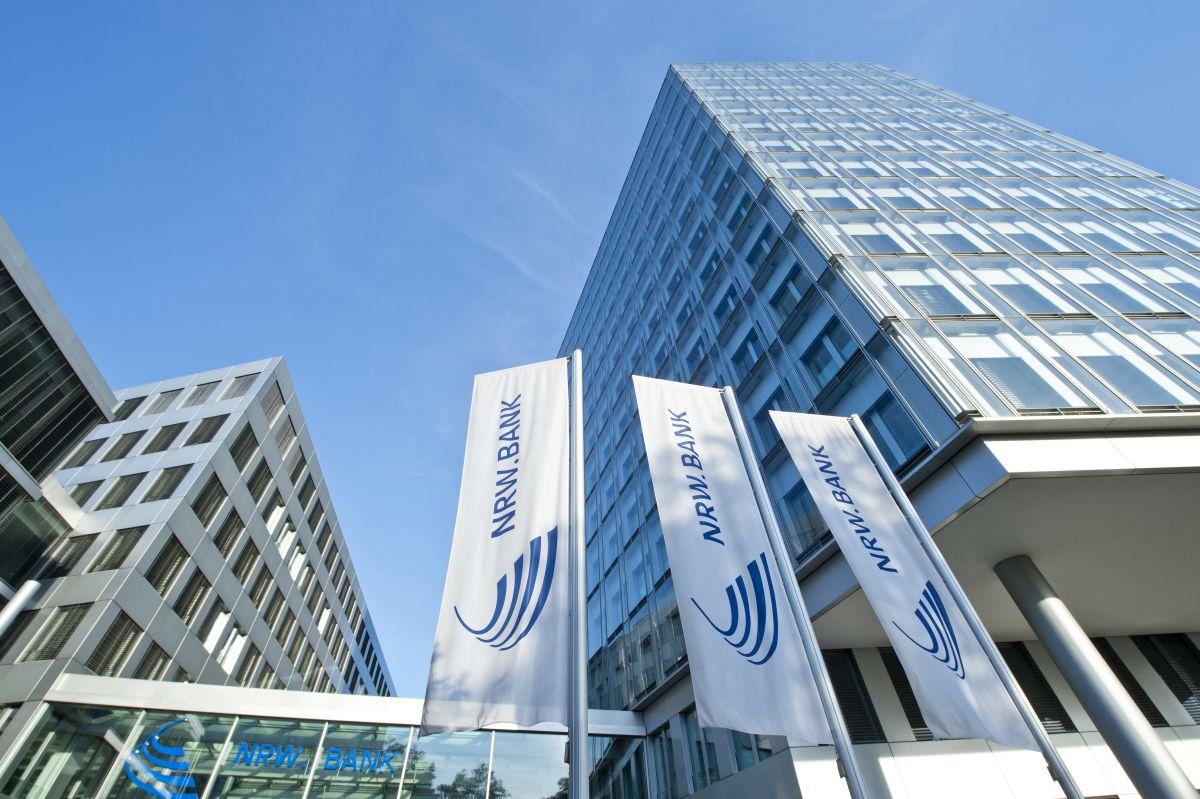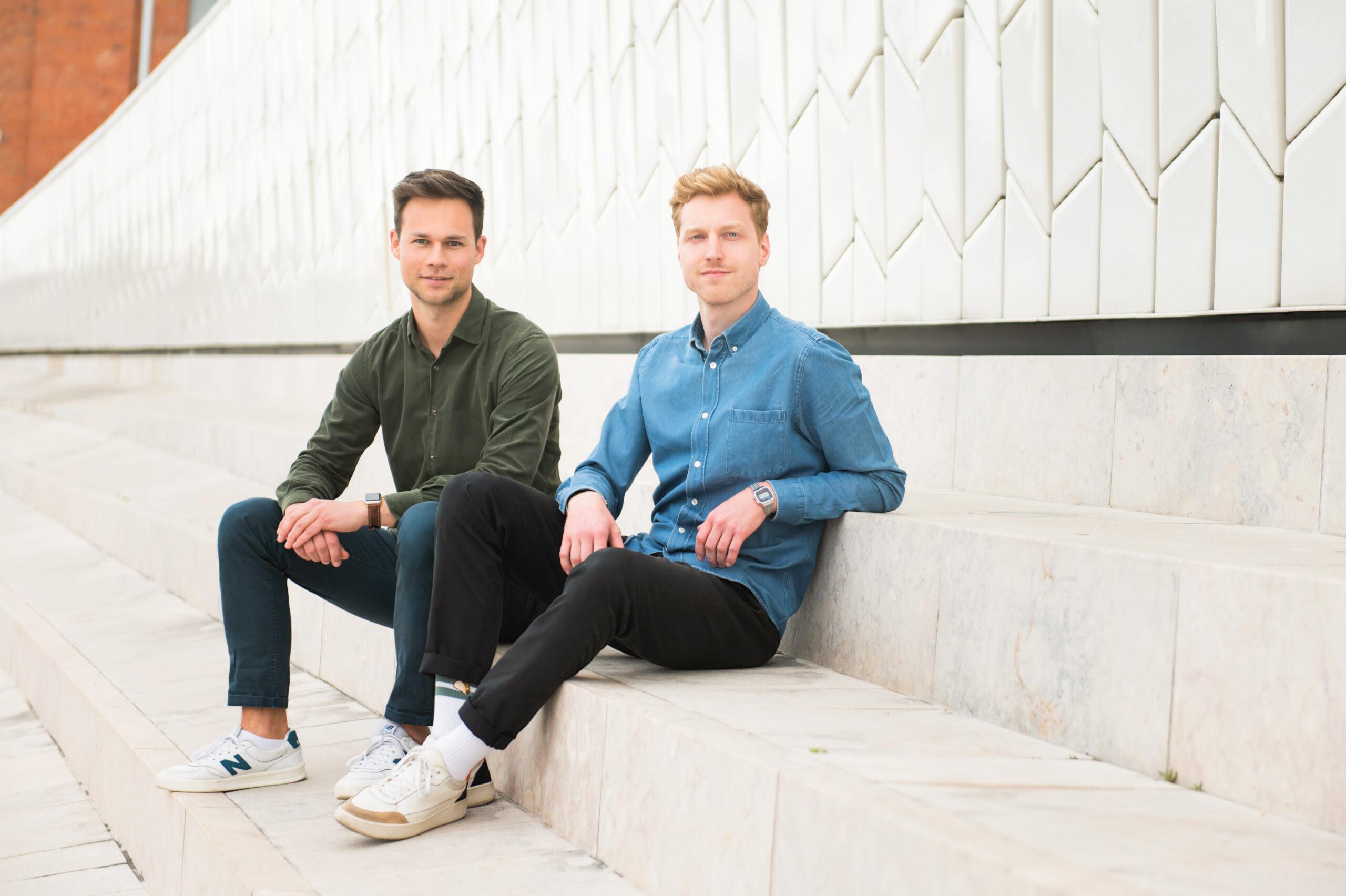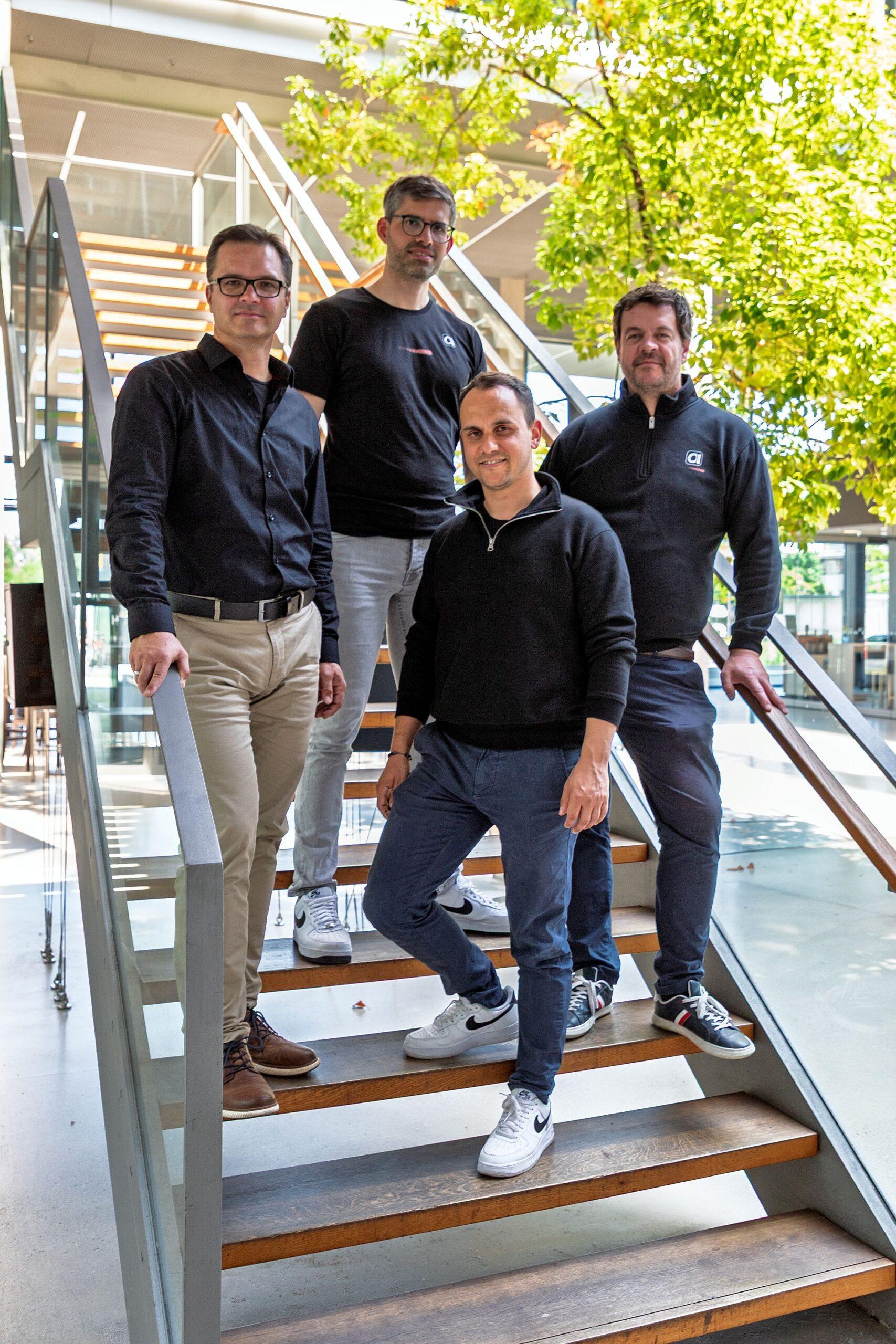The winners of the tech industry 2020
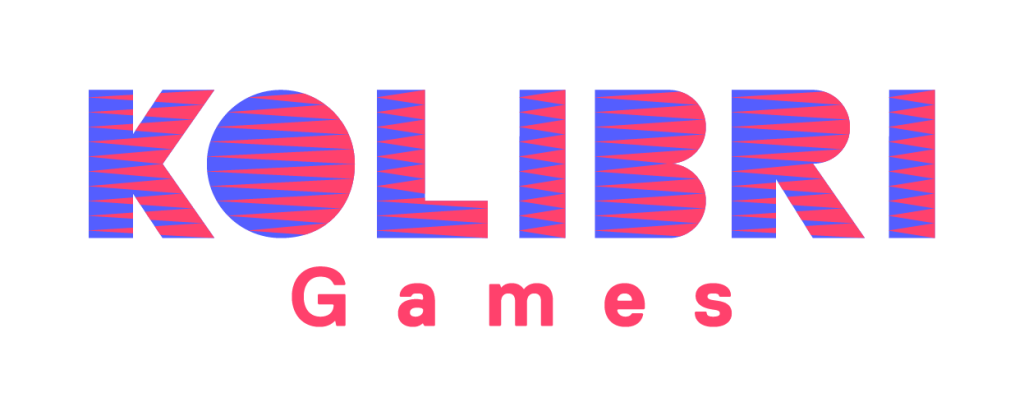
Who are the fastest-growing tech companies in Germany? The management consultancy Deloitte has selected the winners from 2020. We present the top 10.
Since 2011, Deloitte has been recognizing companies across Germany whose average percentage sales growth has been the strongest in the last four years - i.e. the period before the pandemic. The current ranking can be found here .
The winner is the start-up Kolibri from Berlin, which develops smartphone games. In 2019, the founders said in an interview that they did not want to sell. Four years after founding the company, they sold 75% to video game developer Ubisoft this year. The remaining 25 percent, which still belongs to the founders, will also go to Ubisoft in the coming years. There is no information on the purchase price. The start-up has always been profitable, turning over 100,000 euros per day in 2019, half of which was profit. Kolibri has never had to raise venture capital. Back in 2018, Deloitte ranked the company first among rising tech companies. It is still in first place today with sales growth of 12,310.45%.
The clear winners of the pandemic are online learning platforms: quofox, for example, achieved growth of 5,998.79 percent, taking second place in the ranking. The Berlin-based start-up was founded in 2015 and its AI-supported training courses are primarily aimed at companies. Customers include Daimler and ATOS. quofox currently covers 9,500 training topics. According to its own figures, the company has 100 customers and generated revenue of five million euros in 2019. In April, quofox successfully completed a financing round with existing and new investors, although no details of the amount are available.
FinTech Spotcap took third place with a growth rate of 2,770.88%. The start-up was only accepted as an extraordinary member of the banking association in November, making it the 27th FinTech to cooperate with the association. The start-up was founded in 2014 by Jens Woloszczak, and Rocket Internet is one of its shareholders. Spotcap originally granted loans of up to 100,000 euros to small and medium-sized companies that were unsuccessful with banks. A total of 100 million euros flowed into Spotcap, but the business model has now changed: "We noticed that large banks and financial companies were interested in our software," says founder Jens Woloszczak to FinanceForward. With its help, credit processes can be organized automatically. Customers today include Cembra Money Bank from Switzerland and Bawag from Austria. Over the years, Spotcap has sold its credit business, most recently its Dutch division to the Finnish credit company Ferratum in October.
Monthly sales at the start-up Grover grew by an average of 6.5 percent from January to August. A successful year brings the electrical appliance rental company fourth place in the ranking: the turnover growth rate rose by 2,269.10 percent. Grover was founded in Berlin in 2015. The company has also been represented on the Austrian market since 2019 and ventured into the Netherlands this year. The start-up allows users to rent an e-scooter, VR glasses or a TV for four, six or twelve months - a sustainable alternative to buying a new device. Grover has 2,000 different devices on offer. By November, the company had already generated annual sales of 50 million euros.
Customized glasses from the 3D printer - the start-up YouMawo makes it possible. An infrared scanner precisely captures the customer's face and produces a custom-made pair of glasses. Cost: almost 500 euros. The whole process is partly carried out directly by selected opticians, but standard models are also available. Deloitte has calculated a growth rate of 1,875.00 percent, which puts the Constance-based company in fifth place. The four founders came up with the idea on a backpacking trip in 2016, and one year later the start-up had already sold 20,000 pairs of glasses to its customers. YouMawo is now represented in 20 countries and has 44 employees. Production takes place in Germany. The founders made the financial start themselves and raised 75,000 euros, after which everything was financed through continuous cash flow without loans.
With sales growth of 1,789.35%, UpReach is in sixth place. The start-up has brought the photo booth back from the old days by using augmented reality to enable companies to integrate their own brand into the photos and videos using a modular system. The start-up has over 600 customers in total, including Deutsche Post, Porsche and Microsoft. UpReach now employs 25 people and has an annual turnover of two million. It is fully self-financed and wholly owned by the four founders. As the service was mainly used at events, a new approach was needed in coronavirus times: UpReach brought its service into the virtual world and now offers an interactive photo platform, for example for digital Christmas parties. And it has big plans: "We want to establish augmented reality as a central advertising format for the experience economy and breathe new life into channels that were thought to be dead, such as outdoor advertising, newspaper ads and product packaging in the age of eCommerce," says founder Marius Hepp
Have you ever spotted these small, red e-scooters in big cities? The rental scooter concept works: Electric Mobility Concepts, which established the emmy brand, is in seventh place. Sales growth amounted to 1,709.80 percent. This year, emmy received a double-digit million amount in a financing round led by the investment company Bonventure from Munich. The aim is to expand the company's market leadership in the area of rented e-scooters. Nevertheless, coronavirus has not left the company unscathed and it has suffered an 80% drop in usage. Emmy was founded in 2015, starting with 150 scooters in Berlin. Today, 2,000 scooters are on the road at five locations in Germany. The start-up employs 150 people and has acquired over 300,000 customers.
When people often search for "dog" in connection with "cleaning paws" but can't find anything, the Hamburg-based start-up Vivere is there to help. And produces a suitable product within weeks. All products are manufactured sustainably and without animal testing. Most are sold directly to the end customer. The three founders have now built up 55 brands with over 700 products and also work with external partners. This puts the start-up in eighth place in Deloitte's ranking with sales growth of 1,370.91%. Vivere was founded in 2017 and handles all processes itself: from analyzing data on platforms such as Google and Amazon, to development by chemists, cosmetic scientists and pharmacists, through to production, sales and marketing. Almost all products are sold via Amazon.
Digital and automated billing, saving costs and controlling everything centrally and flexibly: The software start-up Nitrobox offers this and is ranked ninth in the Deloitte ranking with revenue growth of 1,284.06 percent. Nitrobox was founded in 2016 and now has customers in 70 countries, with teams based in Hamburg, Stuttgart and Krakow. With a single-digit million sum from a 2020 financing round, the start-up not only wants to expand its position in Germany, but also prepare for its entry into the American market. Investors are the NeueCapital Partners fund from Silicon Valley and Porsche Ventures.
For Holidu, the vacation home search engine, the year was one of ups and downs: when the lockdown came, inquiries plummeted to almost zero, but when travel was allowed again, demand rose rapidly. The financial injection of four million euros from Kees Koolen, the former CEO of Booking.com, also helped. He is convinced: "The Covid-19 pandemic has reshuffled the cards in the travel industry, and Holidu is one of the clear winners in the market." Just last year, Holidu secured 40 million in a Series C financing round. Holidu is based in Munich and employs over 200 people. It came tenth in the ranking with a turnover growth of 1,214.19 percent.

Newsletter
Startups, stories and stats from the German startup ecosystem straight to your inbox. Subscribe with 2 clicks. Noice.
LinkedIn ConnectFYI: English edition available
Hello my friend, have you been stranded on the German edition of Startbase? At least your browser tells us, that you do not speak German - so maybe you would like to switch to the English edition instead?
FYI: Deutsche Edition verfügbar
Hallo mein Freund, du befindest dich auf der Englischen Edition der Startbase und laut deinem Browser sprichst du eigentlich auch Deutsch. Magst du die Sprache wechseln?





